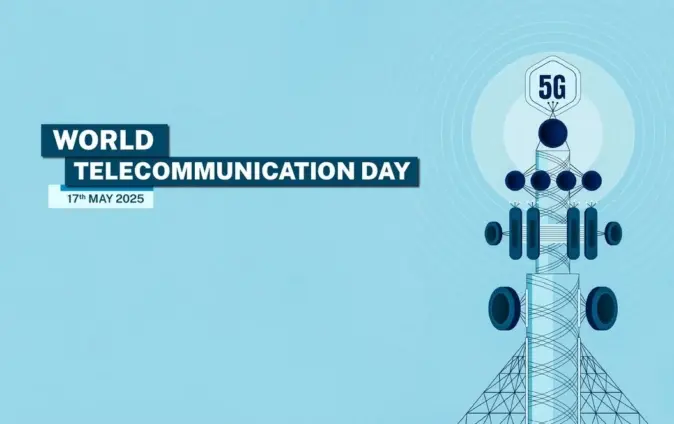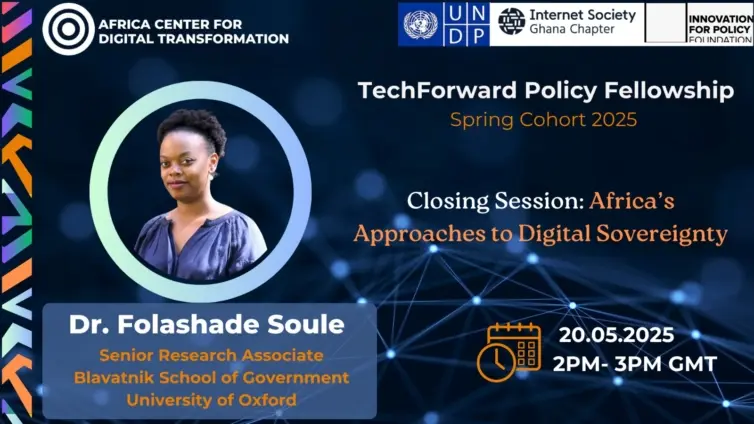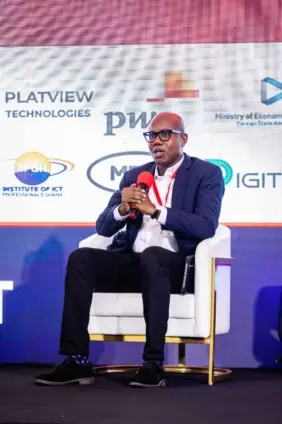World Telecommunication and Information Society Day (WTISD) 2025 approaches, casting a spotlight on “Gender Equality in Digital Transformation.” As Ghana celebrates advancements in its telecommunications sector, the Aya Institute for Women, Politics and Media urges the nation to prioritize gender-responsive policies. Their recent statement underscores a critical imperative: bridging the **gender digital divide** in Ghana through affordable access, enhanced digital literacy, and robust online safety measures. A recent ITU report highlights the urgency of this call.
Ghana’s Telecom Strides and the Persistent Gender Gap
Ghana’s Advancements in Telecommunications
The Aya Institute acknowledges Ghana’s significant strides in telecommunications infrastructure, noting the active engagement of the private sector. They describe Ghana’s telecom sector as “one of the most progressive and competitive on the continent,” a testament to the nation’s commitment to technological advancement. However, this progress exists alongside a stark reality: a significant **gender digital divide** persists, hindering women’s full participation in the digital economy.
The ITU Report: Unveiling the Stark Digital Gender Divide
The 2024 ITU report paints a sobering picture of global digital inequality. The report emphasizes the disparity in internet usage between men and women, particularly in Least Developed Countries (LDCs) and low-income nations. This gap translates to fewer opportunities for women in education, economic empowerment, and social inclusion. “These gaps are not just numbers. They represent lost opportunities for education, empowerment, and economic progress for women and girls,” the Aya Institute asserts.
| Country Type | Men’s Internet Usage (%) | Women’s Internet Usage (%) |
|---|---|---|
| LDCs | X | Y |
| Low-Income Countries | A | B |
| High-Income Countries | P | Q |
Key Interventions for Digital Equality
Affordable and Accessible Internet: Reaching Underserved Communities
The Aya Institute strongly advocates for affordable internet access, particularly in underserved communities. The cost of internet service remains a significant barrier for many women, limiting their access to vital resources, educational opportunities, and economic prospects. Addressing affordability is paramount to ensuring equitable access to the digital world.
Digital Literacy Training: Empowering Women Economically and Socially
Digital skills training is crucial for empowering women and girls. The Aya Institute emphasizes that such training equips women with the tools they need to participate fully in the digital economy, pursue online education, and access vital information. “Digital skills are the next untapped resource for eradicating gender-based poverty,” the Aya Institute states, highlighting the transformative potential of digital literacy. Successful digital literacy programs in similar contexts demonstrate the effectiveness of targeted training initiatives in boosting women’s economic independence and social mobility. By prioritizing programs aimed to bridge the **gender digital divide**, we will see long lasting economic benefits.
Government Initiatives: Building on ‘Girls in ICT’
Existing initiatives, such as the government’s ‘Girls in ICT’ program, are commendable steps toward promoting digital literacy among young women. However, the Aya Institute urges policymakers to implement more gender-transformative policies that address the root causes of digital inequality and promote sustainable, long-term change.
Ensuring Online Safety for Women and Girls
The Rise of Cyberbullying and Digital Harassment
The increasing prevalence of cyberbullying and online harassment targeting women is a growing concern. The Aya Institute highlights the urgent need to address this issue, as online violence can have devastating consequences for women’s mental health, safety, and overall well-being. While statistics vary, a concerning percentage of women are exposed to online violence, underscoring the need for proactive measures to protect women in digital spaces.
Strengthening Cybersecurity Measures
The Ministry of Communications and Digitalisation and the National Cybersecurity Authority play a vital role in ensuring online safety. The Aya Institute emphasizes the need for these entities to prioritize the creation of a safe telecommunications space for all citizens, particularly women and girls. “A safe telecommunications space must be a national priority. Cyber abuse, including the non-consensual sharing of images and videos—especially of minors—must be dealt with swiftly,” the Aya Institute asserts. Specific measures for combating cyber abuse include strengthening legal frameworks, increasing public awareness, and providing support services for victims of online violence. By increasing awareness and access to resources for combatting the abuse we can shrink the **gender digital divide**.
In conclusion, the Aya Institute’s statement serves as a timely reminder of the importance of proactive, inclusive digital policies to protect and uplift women in Ghana. Closing the **gender digital divide** requires a multi-faceted approach that addresses affordability, digital literacy, and online safety. “Our digital future must work for all, not just the privileged few. If we fail to close the gender gap now, we risk leaving half the population behind,” the Aya Institute warns, urging stakeholders to adopt their recommendations for bridging the **gender digital divide** and ensuring a more equitable digital future for all Ghanaians.
Image Source: MYJOYONLINE



















